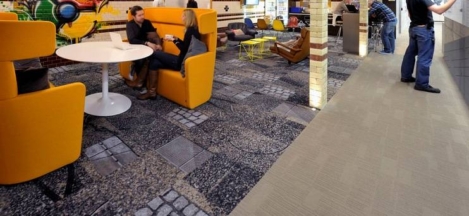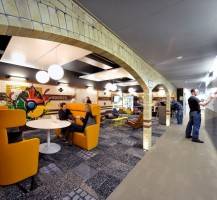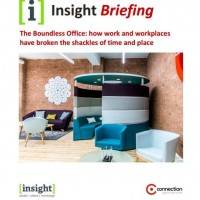March 10, 2016
Staff believe 91 percent of UK firms will no longer be competitive by 2020 0
 Studies using 2020 as an apocalyptic landmark are thinner on the ground these days as we get closer to the actual year, so it’s great to see the old chestnut given another roasting in a new report from tech consultancy Infomentum. The headline stat from their new Beyond Digital report is that 91 percent of UK employees believe that new technology will mean that their current businesses will no long be competitive by 2020 unless they face up to the challenges of the digital economy. The report, based on a study of over 1000 office workers, examines how new technology is set to disrupt businesses and employment. Around 50 percent of respondents believe their employers will have to invest in new technology in order to fend off extinction. The survey also suggests that organisations resort to bandwagon jumping when it comes to new technology rather than assessing their needs before making decisions.
Studies using 2020 as an apocalyptic landmark are thinner on the ground these days as we get closer to the actual year, so it’s great to see the old chestnut given another roasting in a new report from tech consultancy Infomentum. The headline stat from their new Beyond Digital report is that 91 percent of UK employees believe that new technology will mean that their current businesses will no long be competitive by 2020 unless they face up to the challenges of the digital economy. The report, based on a study of over 1000 office workers, examines how new technology is set to disrupt businesses and employment. Around 50 percent of respondents believe their employers will have to invest in new technology in order to fend off extinction. The survey also suggests that organisations resort to bandwagon jumping when it comes to new technology rather than assessing their needs before making decisions.



































March 11, 2016
What that story about menstrual leave teaches us about flexible working 0
by Mark Eltringham • Comment, Flexible working, Technology, Workplace
(more…)